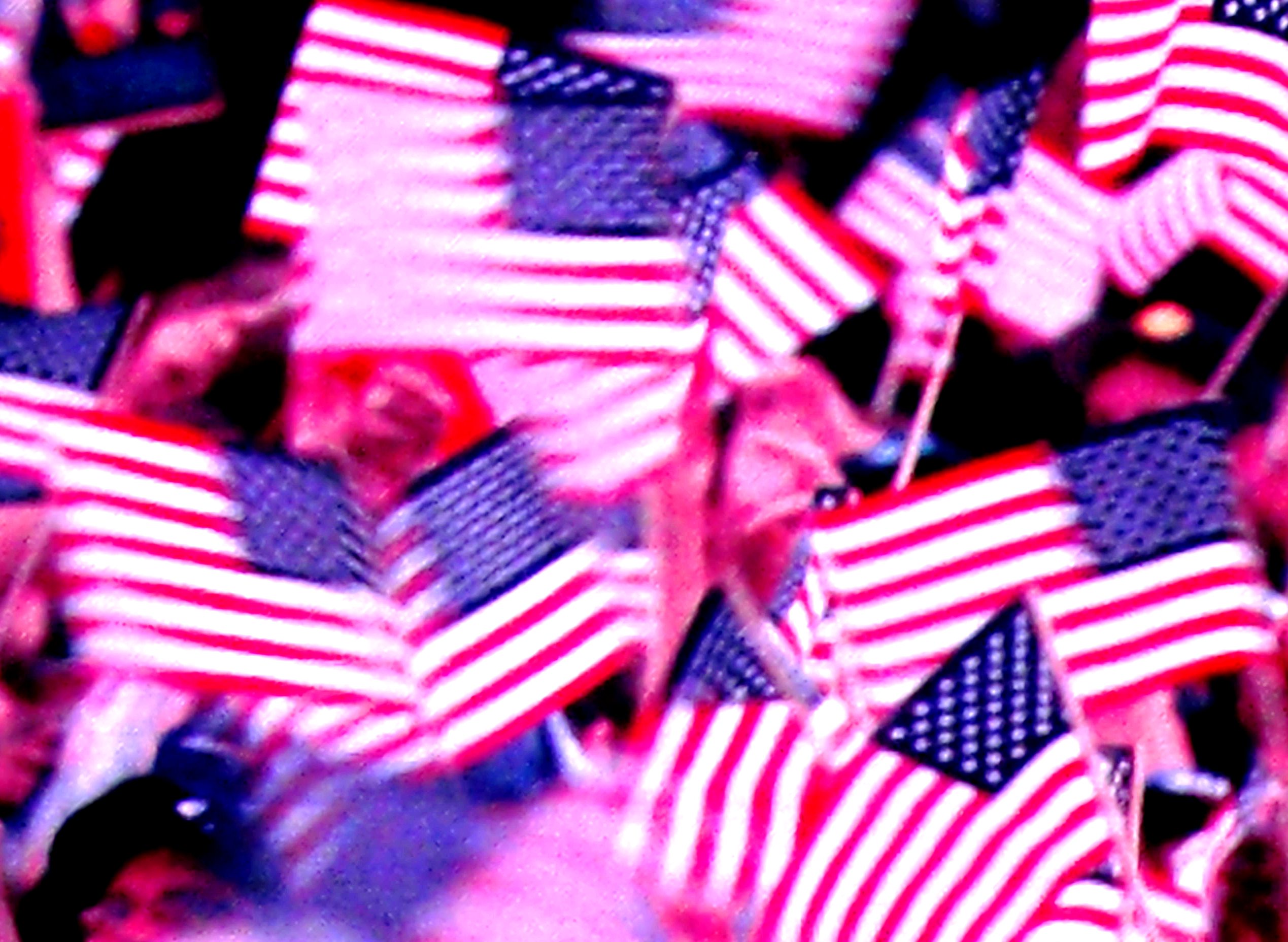 On Friday night, my wife Holly and I took out the Iron Horse (little Harley) and had dinner at Anthony’s in Purcellville.
On Friday night, my wife Holly and I took out the Iron Horse (little Harley) and had dinner at Anthony’s in Purcellville.
A Starbuck’s friend at the next table over asked what I thought about the quarterback, Colin Kaepernick, with the San Francisco 49ers, who wouldn’t stand during the national anthem.
I said I had no problem with his protest. And I don’t.
I think there is good cause because of our poor race relations that we promote discussion about race and equality – so that we might thereby achieve the equal rights for all Americans, male and female, and fulfill the promise of equality that has eluded this nation’s grasp since we declared our independence.
Blacks failed to become full “persons” in our much revered Constitution at the birth of our nation; they were recognized as fractional three-fifths “persons” for purposes of allocating political representation among the several states, but not allowed the vote.
Still, we have folk insisting on the “original” meaning of the constitution, what our founders “believed.”
What our founders “believed” was that it was necessary to compromise individual rights to ameliorate regional differences.
In 2011, there was some congressional embarrassment when our U.S. Congress thought to read the Constitution on the floor of the House so that we could focus on our nation’s “original” meaning.
The “reading” deleted certain “original” passages from the Constitution including the language in Article I, Section 2, that references slaves as “three fifths” persons.
Many are beside themselves that anyone would protest the Anthem? But we should examine the context and content of the Anthem. I have never done so, not from the perspective of being black, or having had ancestors who were slaves. When you do, you can’t ignore that our Anthem contains these words, “No refuge could save the hireling and slave, from the terror of flight or the gloom of the grave.”
If one is black and the descendant of slaves, should you honor such words implicitly or expressly by supporting this Anthem?
Should it matter that Francis Scott Key, the author of our Anthem (from 1814), was a slave holder? Was Francis talking about recapturing his own slaves if they sought refuge? Was he comfortable with slaves, no matter who owned them, suffering the “terror of flight” and “the gloom of the grave?” He wrote these words in his Anthem.
Francis also prosecuted an abolitionist and represented slave owners suing to recover their slaves as property. It is one thing to judge Francis in his time but, if you were black, and the descendant of slaves, what would you think and feel today about an Anthem that included these words?
Colin, the quarterback, focused on another verse in the Anthem when assuming his silent reclined posture in protest when our Anthem was played on game day.
Colin cited the very next rhyming couplet after “the terror of flight” that goes as follows, “And the star-spangled banner in triumph doth wave, O’er the land of the free and the home of the brave.”
Can freedom be unequal so that blacks are treated differently in our criminal justice system, in hiring, barred from certain neighborhoods where they may make a home, and educated separately but not equally with how others are educated.
How “brave” a people are we if Colin’s silent protest, containing its robust message, propels us into paroxysms of rage, as if our Anthem is some sacred object he defiled, when all that Colin has done is to say what we all know to be true.
In the land of the free and the home of the brave, do we suppress truths that cause discomfort that we’d rather not redress and cure?
We must instead be a nation dedicated to freedom for all and show the courage necessary to make it happen – if we are truly the land of the free and the home of the brave, like the Anthem reads.
